When we think about maintaining our health, we often focus on the heart, the brain, or the immune system. But there's another vital organ that we might overlook: the bladder. While it may not be a topic of everyday conversation, bladder health is essential for our overall well-being. Surprisingly, what we eat and drink can have a significant impact on how our bladder functions. For many, the connection between diet and bladder health remains a mystery—until, perhaps, they experience the discomfort of a urinary tract infection, the embarrassment of a leaky bladder, or the inconvenience of frequent urination.
Dr. Anika Ackerman, a urology specialist, emphasizes the importance of understanding this connection, especially for those with sensitive or overactive bladders. "For patients with sensitive bladders or overactive bladder (OAB), it is important to realize that diet can make their symptoms worse," she explains. This means that what we consume can either alleviate or exacerbate our bladder issues.
Common Bladder Issues and Their Impact
Bladder problems are more common than we might think. Dr. Fenwa Milhouse, a board-certified urologist and specialist in female pelvic medicine and reconstructive surgery, explains that incontinence—or "leaky bladder"—is the most prevalent issue. "Incontinence that accidentally loses urine when you don't want it to is the most common bladder issue in individuals," she says. Frequent urination is another widespread complaint, particularly when it disrupts sleep or nighttime routines.
Interstitial cystitis, also known as painful bladder syndrome, is a long-term condition that causes pain and discomfort in the bladder or pelvic area. It often leads to a frequent and urgent need to urinate. "When patients are experiencing overactive bladder or symptoms of interstitial cystitis/painful bladder syndrome, our first recommendation is to limit bladder irritants," Ackerman advises. The good news is that dietary changes alone can often control these symptoms.
The Role of Diet in Bladder Health
Even if you currently have a healthy bladder, being aware of potential irritants can help prevent future problems. "Awareness of foods and beverages that can cause irritation can be helpful to prevent bladder symptoms for those that are not currently having concerns," says Aleece Fosnight, a board-certified physician assistant specializing in women's health and urology.
Foods and Drinks to Limit or Avoid
Coffee
For many, the day doesn't truly begin without a cup of coffee. But this beloved beverage contains two significant bladder irritants: caffeine and acid. "The caffeine in coffee is a known diuretic, meaning it makes you produce more urine, increasing bladder frequency," Milhouse explains. Additionally, caffeine can increase the urgency of urination, making it harder to control your bladder and more likely to experience leaks.
Ackerman adds that acidic foods and drinks can also exacerbate these symptoms. However, if you don't want to give up coffee entirely, moderation is key. "If you have no bladder issues, two 8-ounce cups of coffee or less is ideal," Milhouse suggests. For those already dealing with pain or frequent urination, limiting or eliminating coffee might be necessary.
Citrus Fruits
Citrus fruits, such as grapefruit and oranges, are packed with vitamins and nutrients. However, their high acidity can be problematic for the bladder. "This acidity can cause irritation of the bladder lining and increase painful bladder symptoms," Milhouse says. If you're experiencing urinary tract infections or interstitial cystitis, it's best to avoid these fruits and their juices.
Tomatoes
Tomatoes and tomato-based products, such as ketchup, pizza sauce, and pasta sauce, are staples in many diets. However, they can be problematic for bladder health. "Tomatoes are highly acidic, which may be a notorious trigger for bladder pain for many individuals," Milhouse notes. The acid in tomatoes affects urine, making it more irritating to the bladder lining. Cooked tomatoes are even more acidic than fresh ones, so limiting or eliminating tomato-based products is advisable if you're experiencing bladder symptoms.
Processed Meats
Processed meats, such as smoked ham, deli meats, and hot dogs, are convenient and flavorful. However, they contain additives like nitrates that can harm bladder health. "These chemicals are also a well-known source of carcinogenic or cancer-causing byproducts," Milhouse warns. The byproducts of nitrates added to red meat are associated with an increased risk of bladder cancer. Whether you have bladder issues or not, it's wise to limit your intake of processed meats.
Spicy Foods
Spicy foods can add a burst of flavor to any meal, but they can also irritate the bladder. "Spicy foods irritate the lining of the bladder and cause an exacerbation of symptoms," Ackerman says. Dr. Seth Cohen, a urologic surgeon and urogynecologist, adds that spicy foods can be particularly activating for those with interstitial cystitis or bladder pain syndrome. If you're experiencing bladder discomfort, it's best to reduce your intake of spicy foods.
Soda
Soda is a popular beverage, but its combination of sugar, caffeine, and carbonation can be a recipe for bladder irritation. "It contains caffeine that is a natural diuretic—it causes dehydration and concentrated urine—and sugar that causes an increase in urine acidity, leading to an increased risk of bladder infections," Fosnight explains. Additionally, the carbonation in soda can cause bladder irritation, leading to urinary symptoms.
Tobacco
While not a food or beverage, tobacco use is a significant risk factor for bladder cancer. Many people associate smoking with lung cancer, but it can also cause cancers in other parts of the body, including the bladder. "The harmful chemicals in tobacco products are filtered through the kidneys and are eliminated in urine," Fosnight says. "These chemicals affect the lining of the bladder, causing cellular changes that can lead to bladder cancer." If you smoke, quitting can significantly reduce your risk of bladder cancer.
What You Can Do to Improve Bladder Health
Drink More Water
One of the simplest ways to support bladder health is to drink plenty of water. "I encourage my patients to increase water intake to help avoid bladder concerns," Fosnight says. While it may seem counterintuitive to drink more water if you're already experiencing urinary urgency and frequency, Fosnight explains that spreading out water consumption throughout the day can help. "This will not increase frequency and helps with diluting the urine to cause less irritation," she notes.
Listen to Your Body
Each person's body reacts differently to various foods and drinks. "I ask patients to pay attention to their bodies and how they react to certain dietary intake," Cohen advises. If you're experiencing bladder issues, it's best to slowly eliminate potential irritants from your diet. "Start by eliminating one food or beverage type at a time for at least one to two weeks to see if you notice any change," Milhouse suggests. Be patient and consistent, as improvements may take time.
Seeking Medical Help
If you're experiencing persistent bladder issues, it's essential to seek medical attention. "Do not hesitate to see a urology specialist for further evaluation and treatment," Milhouse advises. A specialist can provide personalized recommendations and treatments to help manage your symptoms.
Taking Control of Your Bladder Health
Bladder health is often overlooked, but it plays a crucial role in our overall well-being. By understanding the connection between diet and bladder function, we can take proactive steps to support our urinary health. Limiting or avoiding common irritants like coffee, citrus fruits, tomatoes, processed meats, spicy foods, and soda can significantly reduce symptoms of incontinence, frequent urination, and interstitial cystitis. Additionally, staying hydrated and paying attention to how your body reacts to different foods can help you identify and manage potential triggers.
While dietary changes can make a significant difference, it's important to remember that bladder issues can have various causes, and seeking medical advice is always recommended. By taking control of your diet and working closely with healthcare professionals, you can improve your bladder health and enjoy a better quality of life. After all, a healthy bladder is just as important as a healthy heart or brain—and it deserves the same level of care and attention.
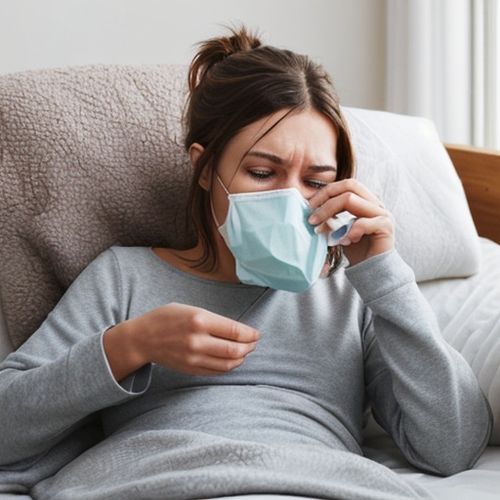
By Sarah Davis/May 19, 2025
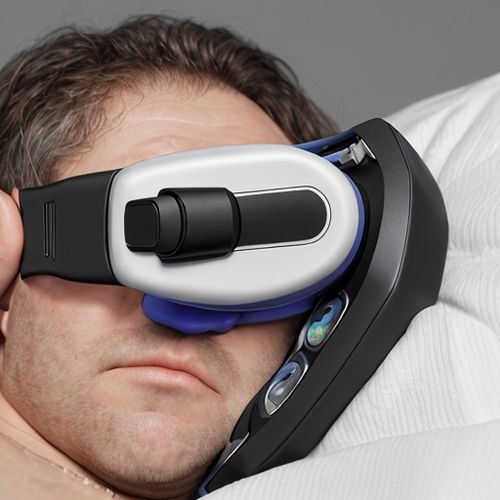
By Natalie Campbell/May 19, 2025

By George Bailey/May 19, 2025

By Lily Simpson/May 19, 2025

By David Anderson/May 19, 2025
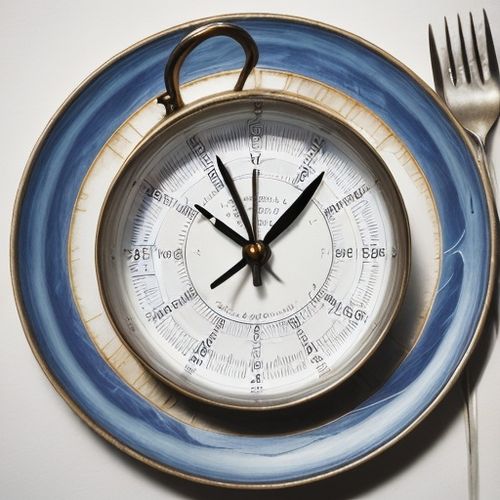
By Olivia Reed/May 19, 2025
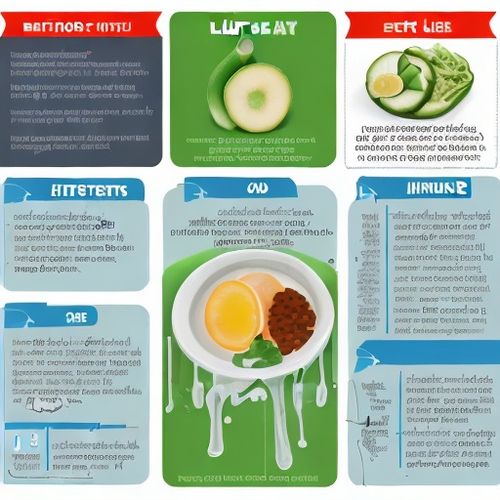
By Amanda Phillips/May 19, 2025
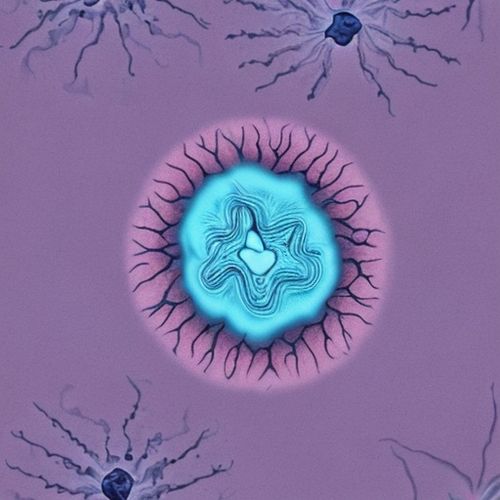
By Sophia Lewis/May 19, 2025
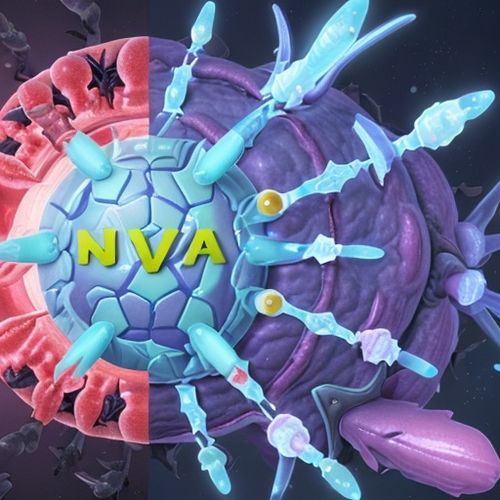
By Olivia Reed/May 19, 2025
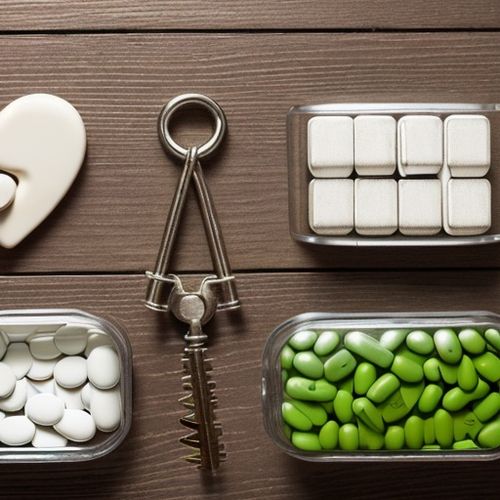
By Emily Johnson/May 19, 2025

By John Smith/May 18, 2025

By Eric Ward/May 18, 2025

By Jessica Lee/May 18, 2025

By Jessica Lee/May 18, 2025

By Sophia Lewis/May 18, 2025

By Rebecca Stewart/May 18, 2025

By Emily Johnson/May 18, 2025

By Rebecca Stewart/May 18, 2025

By Megan Clark/May 18, 2025

By Megan Clark/May 18, 2025